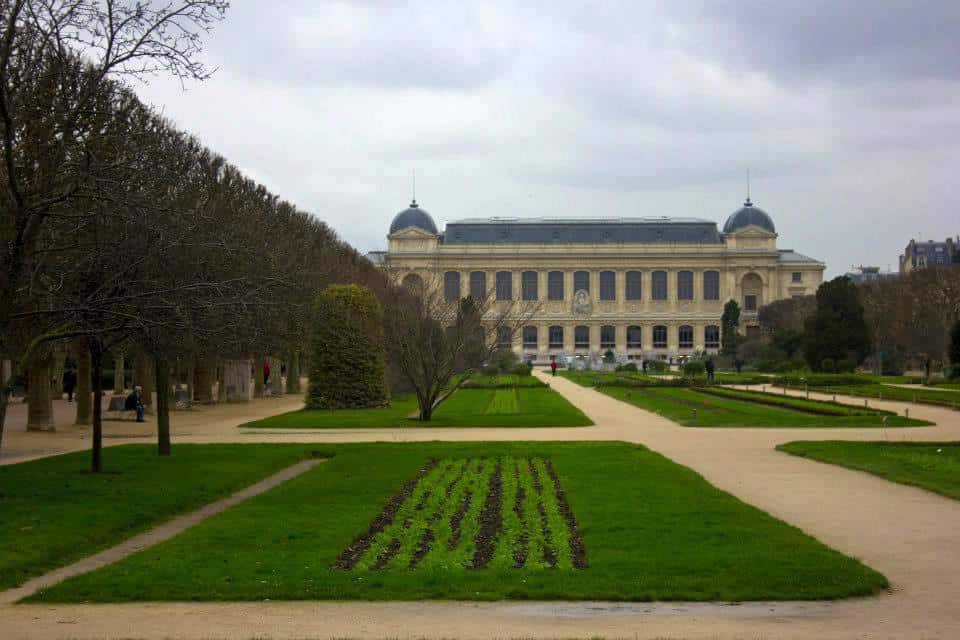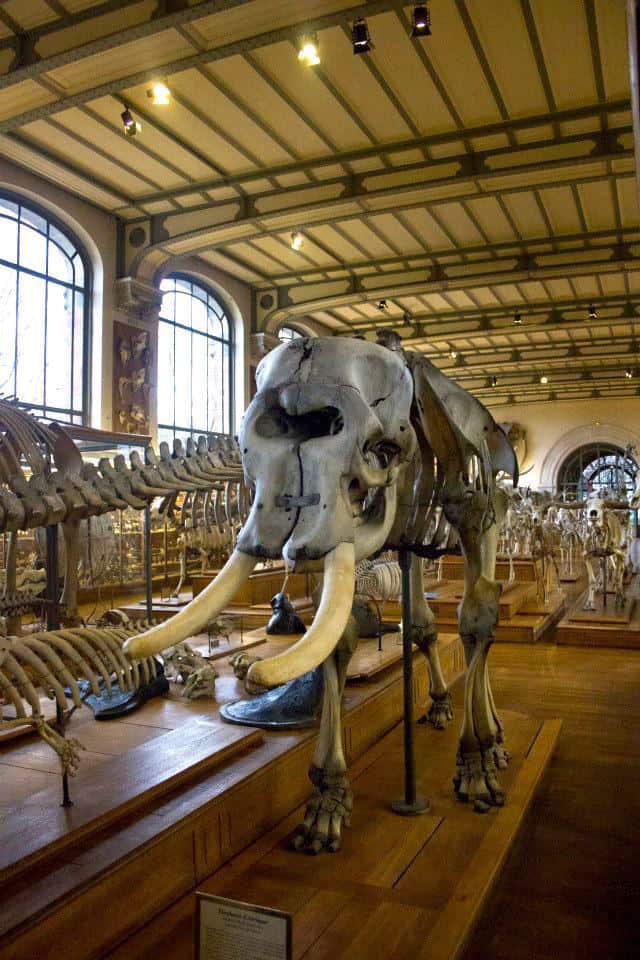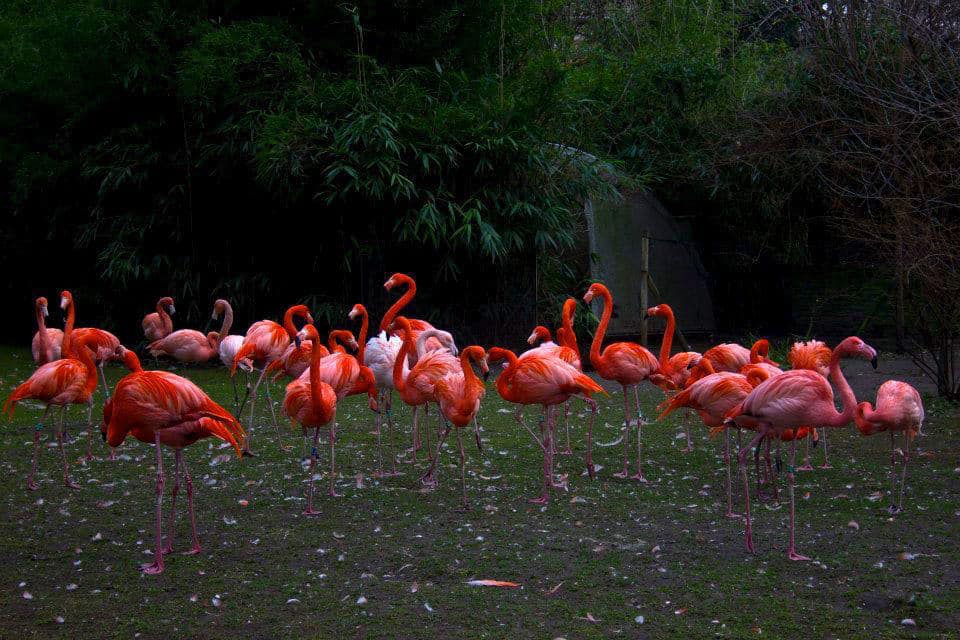Paris was always on my bucket list, but not at the top of it. But after spending some time there, it became one of my favorite places in the world. The stunning architecture, rich history and delicious food captivated me, but those are the kinds of things you expect to find in a European capital.

What you don’t expect to find in a major city is over 400 green havens—parks and public gardens filled with shady trees, vibrant flowers and stone sculptures. Even in winter, when patches of ice form on the ground under trees that have become bare, these spaces are beautiful and relaxing spots to spend time traveling.
The Jardin des Plantes, located in Paris’ 5th arrondissement, is a wonderful spot for group travel. While you can gather here to enjoy the natural environment, there are some other things within the garden that are perfect for wandering groups.
Natural Sights
Back in the 1600s, the Jardin des Plantes served as a medicinal herb garden for King Louis XIII. In modern times, it is filled with diverse plants and flowers. In addition to a peony garden, there is a 25-year-old rose garden filled with hundreds of different species of roses. The Alpine garden has an additional 3,000 species of plants from all over the world. Groups can also view plants from specific regions outside of France within themed Australian and Mexican greenhouses. If you visit in the off-season, stop by the winter garden to see plants that are maintained even in colder seasons.
An interesting note: local botanists are trained within the garden so there are also patches of demonstration gardens and decorative horticulture displays on-site.
While it’s a great spot for a group stroll, it’s an even better site for a picnic on the lush green grass. Use it as a way to escape the concrete of the city while chatting with your friends or family.
Natural History
What I really love about these gardens, other than their beauty, is the fact that the grounds include four galleries that belong to France’s natural history museum. There are 14 sites throughout the country, but all of those in Paris are located within the Jardin des Plantes.
While we didn’t visit the Gallery of Mineralogy and Geology or the Cabinet d’Histoire du Jardin des Plantes, we did stop by both of the other galleries. Our favorite, hands down, was the Gallery of Paleontology and Comparative Anatomy. The paleontology section of the museum features a collection of skeletons from dinosaurs and other extinct animals as well as some unique invertebrates. In the comparative anatomy section, groups can view skeletons of various animals or fossils of animal skulls and feet. See a Tyrannosaurus rex, a Triceratops, a saber-toothed cat, wooly mammoths, turtles, baleen whales, lion paws and a comparison of human skulls with those that come from apes. The two-story structure that holds the gallery features the largest animals in the center of the room with glass cases and massive windows lining the walls. Take the time to really delve in here—you won’t regret it. And don’t forget to snap some group pictures with the massive T. rex skull.

The other gallery we visited was fantastic as well. Known as the Grande Galerie de l’Evolution, the glass building showcases the diversity of the natural world. The ground floor features a pathway of realistic animal models and each floor explores the evolution of different species. The taxidermic animals are incredibly lifelike so it’s neat to see some of the more dangerous animals up close.
Bringing It All To Life
Before you leave the Jardin des Plantes, make sure to visit the Ménagerie du Jardin des Plantes. After you leave the evolution gallery, this zoo is a fun way to see some of the animals in real life.
Though it’s one of the oldest zoos in the world, first stocked with animals directly from nearby Versailles, it is pretty small so don’t expect tigers and bears. They do have a large variety of interesting smaller animals though, including flamingos, goats, alligators, colorful frogs, foxes and monkeys.

The Jardin des Plantes is a great way for groups to spend a day—those of any age, big or small, can enjoying learning about animals, paleontology and evolution in addition to seeing the diverse plant species in the garden.




Join the discussion 2 Comments